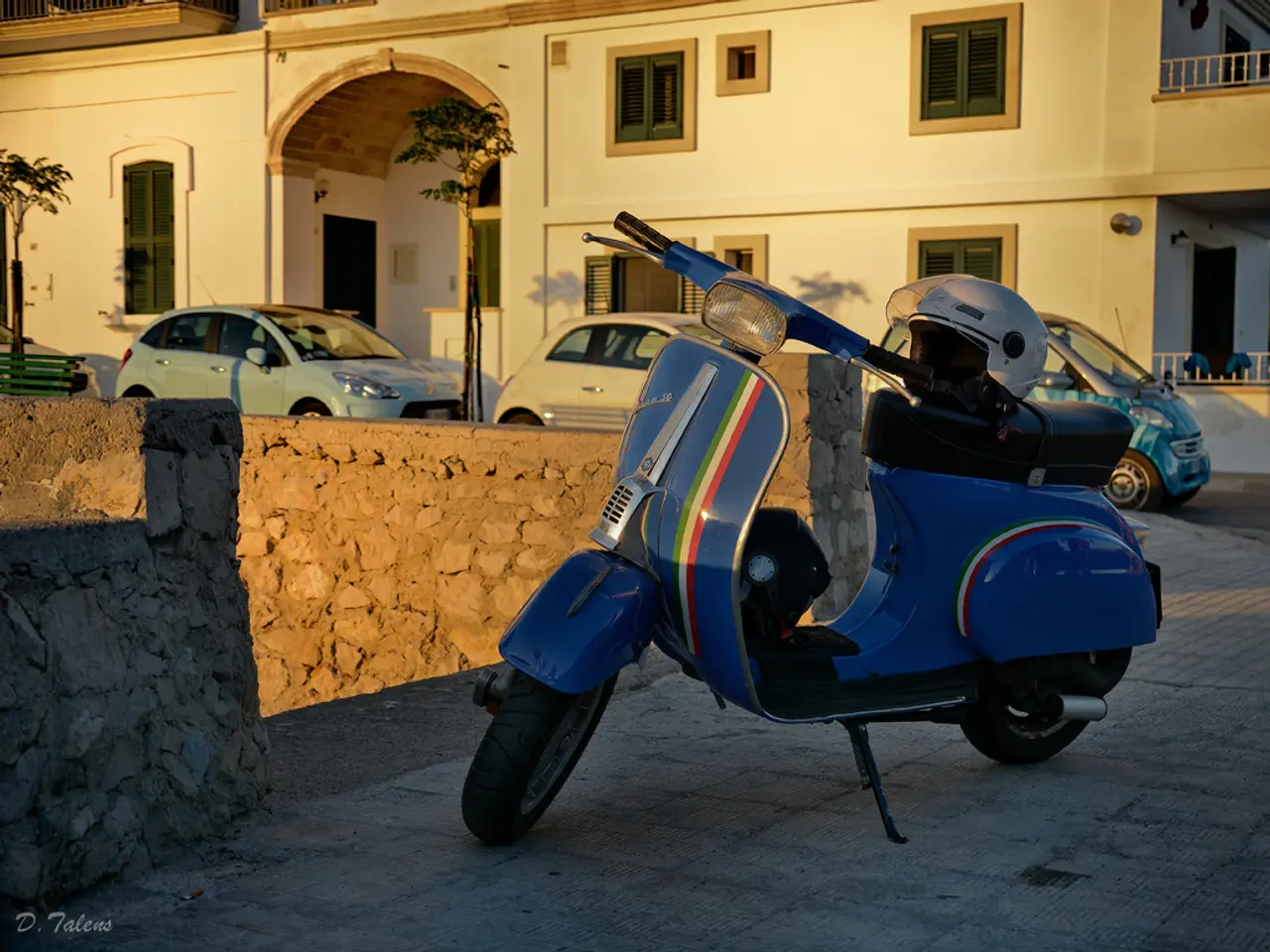Dueling Finances: The German Church vs the Vatican
Potential monetary issues in the Vatican lead speculation towards a German papal candidate.
In the race for the Papacy, a German cardinal is making waves - could his financial acumen give him an edge?
So far, Italians and a Filipino have been touted as potential popes, but now, the British BBC has added a German to their list. Munich Archbishop Reinhard Marx is reportedly a contender - his prowess in managing finances, a key asset in the Holy See's looming financial crisis.
The Vatican's finances are a mess. The budget is in shambles with yearly deficits reaching a staggering 87 million euros in 2024. A cardinal confided in Italian newspaper, La Repubblica, "a miracle would be needed."
Marx, on the other hand, oversees one of the wealthiest dioceses in Germany. The Archdiocese of Munich-Freising boasts a surplus of 19 million euros for 2023, with a net worth of almost 4 billion euros. This is less than the previous year, but still substantial, considering the decline in church tax revenues.
His influence goes beyond Munich. Marx served as the chairman of the German Bishops' Conference and is an advisor to Pope Francis. This dual role, combined with his financial expertise, sees him as a potential frontrunner. But how wealthy are the German dioceses?
Churches are not obligated to disclose their finances, but they do enjoy certain tax privileges in Germany. In an attempt to address financial scandals, the bishops have committed to using commercial accounting, annual audits, and public disclosures.
The dioceses' main income comes from the church tax, donations, and investments. They are also involved in real estate and commercial property ventures, like the Aachener Siedlungs- und Wohnungsgesellschaft, a company jointly owned by six German dioceses. The company had a net worth of 760 million euros at the end of 2023, and its subsidiary rents properties throughout Germany, including prime locations in Munich and Berlin.
Cologne and Paderborn, along with Munich-Freising, are considered the wealthiest dioceses. Paderborn, with a total net worth of over 7 billion euros in 2020, is the richest. Cologne follows closely with a net worth of around 2.8 billion euros in 2023 and a profit of around 5 million euros.
But not all dioceses are enjoying black numbers. Dresden-Meißen recorded a loss of over 2 million euros in 2022. As subsidies from the west diminish and are set to end entirely next year, the diocese faces uncertain financial prospects.
Estimating the total assets of the dioceses is challenging due to the numerous organisations under the church's umbrella, and the fact that real estate is often owned by local church communities.
The actual value of properties is often underestimated, such as the iconic Cologne Cathedral which is valued at only 27 euros. The true value, including the priceless artworks inside, is virtually indeterminable.
Financial scholar Carsten Frerk attempted to calculate the Catholic Church's assets around 20 years ago, estimating around 270 billion euros. However, he admitted that calculating the Church's wealth precisely is nearly impossible.
The German dioceses expect lower revenues in the coming years due to increasing church exits. For instance, Munich-Freising lost 41 million euros in church tax revenues in 2023 alone due to members leaving the church. The financial director, Markus Reif, expressed pessimism about the future.
Despite the media not viewing Marx as a favorite for the papacy, a cardinal colleague praised him for his eternal optimism - "he always smiles."
In conclusion, while the German dioceses exhibit relative financial resilience in the short term, they face long-term challenges due to membership declines, legal costs related to abuse investigations, and ongoing litigation risks. The Vatican's finances, while complex and interconnected with the German Church, present a unique set of vulnerabilities, relying on donations from German dioceses, tourism, and investment income. With the urgency to balance mission priorities and financial sustainability, the Vatican persistently grapples with its financial health. So, will the financial woes of the Vatican make a German cardinal the next Pope? Only time will tell.
(This text was first published at capital.de)
(Source: ntv.de)
(Vatican, Catholic Church, Rome)
Insights:- The German Catholic Church dioceses, despite facing some financial challenges such as membership decline and potential legal liabilities, enjoy relative financial resilience in the short term, with dioceses like Cologne showing strong financial surpluses.- The Vatican's finances, while complex and interconnected with the German Church, are precarious and heavily dependent on donations from dioceses, tourism, and investment income.- The financial health of the Vatican contrasts with the German dioceses, but both share similar challenges in balancing mission priorities with financial sustainability.
- The German Archbishop Reinhard Marx, a potential pope candidate, has showcased his financial expertise as he oversees one of the wealthiest dioceses in Germany, the Archdiocese of Munich-Freising.
- The Vatican's employment policy, like many other organizations, could benefit from the skills of a German Cardinal, considering the fiscal challenges faced by the Holy See, including yearly deficits of 87 million euros.
- The German Bishops' Conference adopted a community policy committing to using commercial accounting, annual audits, and public disclosures in an attempt to address financial scandals.
- The Aachener Siedlungs- und Wohnungsgesellschaft, a company jointly owned by six German dioceses, had a net worth of 760 million euros at the end of 2023, engaging in real estate and commercial property ventures across Germany.
- In politics and general-news discussions, the financial health of the Vatican and the German dioceses has emerged as a prominent topic, with analysts suggesting that the financial woes of the Vatican could potentially impact the selection of the next Pope, as the German cardinals' financial skills are seen as an asset in the face of the Vatican's financial crisis. In sports (metaphorically), Marx has scored a goal with his financial acumen, but whether it's enough to propel him to the papacy remains to be seen.




